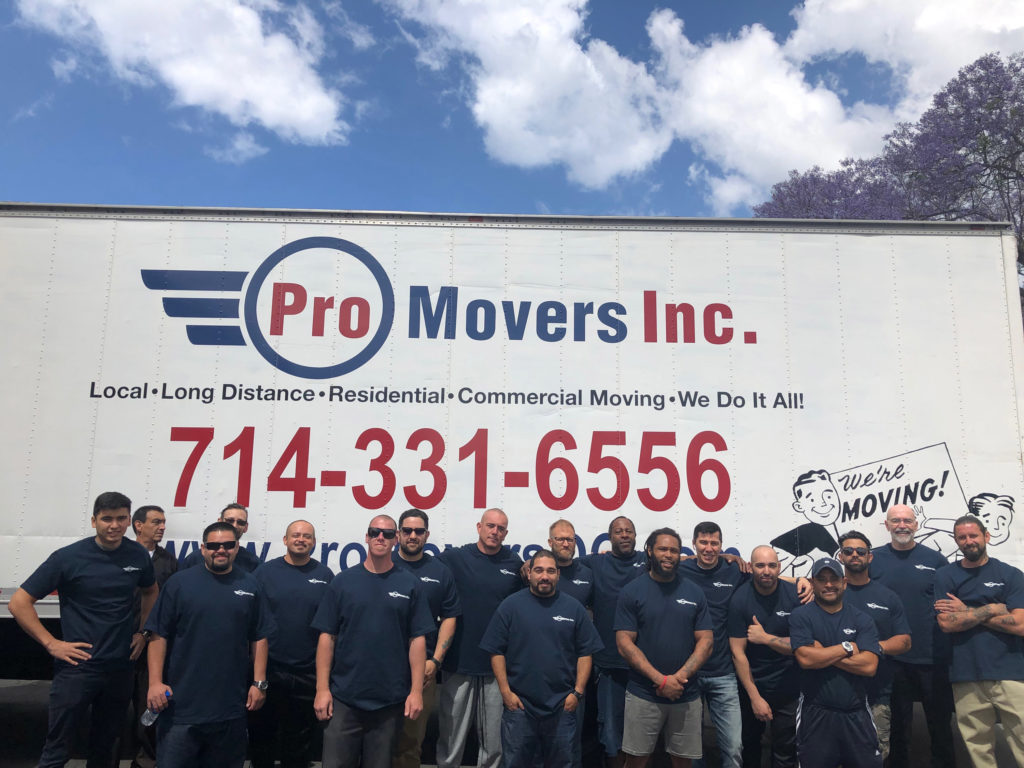How many times have you moved? Five? Will this be your first time? According to a study conducted by the US Census Bureau, an average American citizen moves 11 times in their lifetime.
Indeed, there are plenty of reasons to move. When buying another house, changing your job, going to university or starting a new life overall, a person often needs to leave for another rented apartment, house, city, or even country.
But what if you move for the first time? Everything seems too difficult and stressful, and you don’t even know where to start. Don’t worry: we’ve got your back! In this article, you’ll find the best tips to transform your experience and eliminate the fear of an unknown.
Finances Tips: Money First

Of course, moving out is a big financial question. Make sure you can afford it, including such costs as renting a trailer or using professional services. Set up an emergency fund to cover any situation that requires your urgent intervention. Try starting small: $1000-$2000 for emergencies is good enough.
According to the most common principle of budgeting, you need to earn at least 3 times as much as your rent. It means that if you rent an apartment for $1000, your salary must be $3000 and higher. Otherwise, you won’t be able to bounce back from losing more than a third of your income every month.
Plan your monthly budget thoroughly before your move. It’s recommended to save up as much as you can: for example, cut your non-essential spendings and unnecessary entertainment costs. Cook your food at home instead of going out. This way, you won’t get into a difficult situation of being broke in a place you don’t know well.
You Need a Job

The next thing is quite obvious: for a successful move-out, your income should cover a gap between your future rent and the triple bar. If you are leaving for another city or even country, start searching for a new job from day 1. In case you’ll stay unemployed for long, make sure you have enough money to last at least 3 months without work.
If you are not leaving your city, double-check that your job generates enough money to cover your expenses. Alternatively, find a more affordable apartment or look for another position. It might push you further from your goal though: unless you take roots in your new workplace, moving is unadvisable. Don’t rush it. Everything should come step by step in its own time.
Make a Proper Search of a New Home

To find a nice and affordable place to move to, simply surfing some websites is not enough. There are many factors to be considered: what are the employment opportunities nearby? Is it a safe area with low crime rates? How good is the public transport connection? And the most important one: will you be able to pay for this place monthly?
As you can see, there’s a lot to think about. Some details can’t be found easily, especially when you’re moving to another city. To save your efforts, contact a realtor: professional real estate agents have the most relevant info.
Pack Your Belongings in Advance

Don’t leave packing on the last day. Moving is already an intense situation that will keep you on edge, so there’s no need in increasing your stress by being underprepared. If you pack your belongings as early as you can, you’ll feel much better at the final stretch.
Hire a Professional and Licensed Moving Company

Nothing relieves the strain as much as being in good hands of trusted experts. Although saving up is the biggest principle to follow when you are changing your place of living, the services of moving companies transform your experience into an easy ride.
By the way, some movers, such as Pro Movers Inc, will offer you a free quote. So contact your local professionals and see how simple it is to move out!
Call us at 714-331-6556 for an instant and accurate quote for your move. Or:
Create a Schedule for Basics

Living on your own might be difficult at first, especially with all the new house chores to keep up with. If you want to make your life at a new place somewhat easier, figure out a plan for laundry, cleaning, cooking and so on. A simple task schedule will give you the much-desired feeling of certainty and regularity, and you can always come back and revise your road map for today.
Don’t Forget to Update Your Address Where Needed

If you want to receive all the correspondence correctly, it’s important to update your documents with a new living address, particularly if you leave for another city or even another country. However, when moving out of your parents’ home to a new apartment in the same city, updating your data is not as crucial: for a month or two, your parents can receive the correspondence instead of you. Also, you will get one more reason to see each other and hang out!
Have a Plan B

Of course, if you have a thoughtful plan for your move-out, everything will run as smoothly as it can be. But what if anything goes wrong? As an adult, you should develop a plan B in case of any emergencies.
Think thoroughly what can go wrong and on which step. Imagine what you will do if nothing works out: for example, how you will pay your rent, where you’ll stay, who you can call, etc. Even if half of these scenarios won’t come true, it is crucial to be prepared for anything that comes your way.
Don’t Hesitate to Ask for a Help
If you feel uncertain about moving, share your thoughts and fears with your closest ones. Your parents are always there to help, and their support will make everything so much easier. Also, you are welcome to call your friends and ask for something, be that another packing session or giving you a lift to your new place. After all, it’s exactly what you would do if they were moving, right?
FAQ
Q: What should I pack first when moving?
A: In the beginning, pack the least used items. Empty your garage, basement, and attic: typically, these storage areas are the least utilized, and you don’t attend them very often. Proceed with non-essentials, such as artwork, decor, and collector’s items. Pack clothes and shoes from your closets. Take out all the spare beddings, books and jewelry from your bedrooms.
Q: How do you know if you can afford to move out?
A: Figure out your monthly budget: extract the fixed expenses and moving costs from your salary. Make sure that your rent doesn’t exceed the ⅓ of your income. If you think that living alone doesn’t suit your lifestyle for personal or financial reasons, consider finding a roommate or ask a close friend if they are willing to move in.
Q: What to expect when moving out?
A: We could tell you that moving out is harder than you think, and there are unexpected troubles on each step, but… it isn’t true! The experience of moving and living alone is actually not that scary and difficult. So expect it to run easy and smooth, especially if you have a thought-out plan and some savings.
Q: What should I know before moving out at 18?
A: Your first move-out is, essentially, a step into your adult life. There’s nothing to be afraid of: so many people enjoy living alone! Your relatives and parents will be there to support you. And if you are planning to go to a university abroad, there are supervisors and counselors to help you get more comfortable in a new place. In general, as long as you planned everything through, you’ll be fine.
Q: Why is moving out good?
A: Moving out is a huge boost to your confidence. It helps you become responsible, financially independent, teaches you to manage your costs. Also, you get a much-needed personal space that you were lacking when living at your parents’.
Q: What is the average age a child moves out?
A: Usually, people move out at the age of 19. Only 10% of American citizens of 27 years and older are living with their parents.
Q: What expenses should I consider when moving out?
A: You should take into account moving costs, the rent itself, and add to it other essential spendings: different utilities (heat, electricity, gas, etc.), the Internet, renter’s insurance, groceries. If you have a car, children, or pets, this all results in more parameters in your monthly budget.
Sources:
- https://fivethirtyeight.com/features/how-many-times-the-average-person-moves/
Call us at 714-331-6556 for an instant and accurate quote for your move. Or:





It’s good to know from this article that moving out can give me a sense of responsibility and can make me more financially independent. After months of persuasion, my parents finally agreed to let me live closer to Georgia Tech University and be on my own. I hope I can find some good off-campus housing options that can match my financial capacity and I want to be a better individual by the end of this school year.